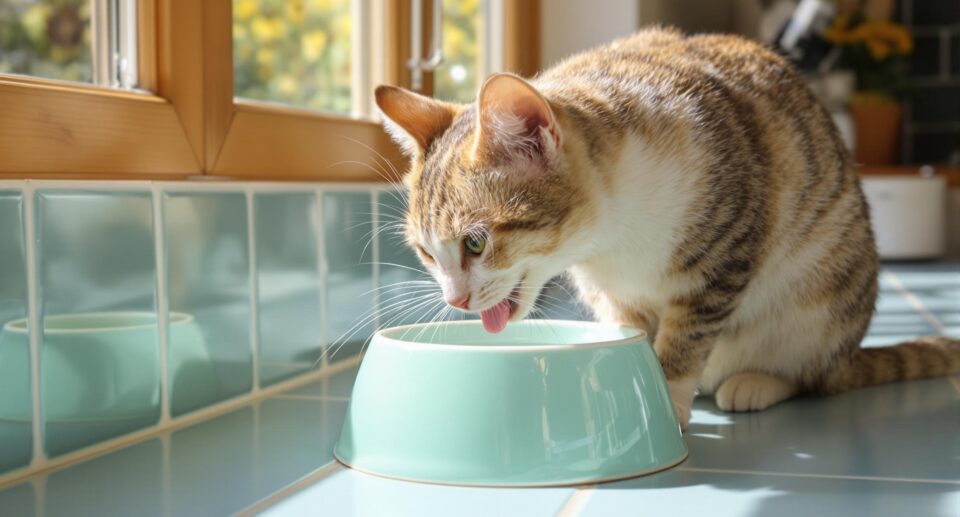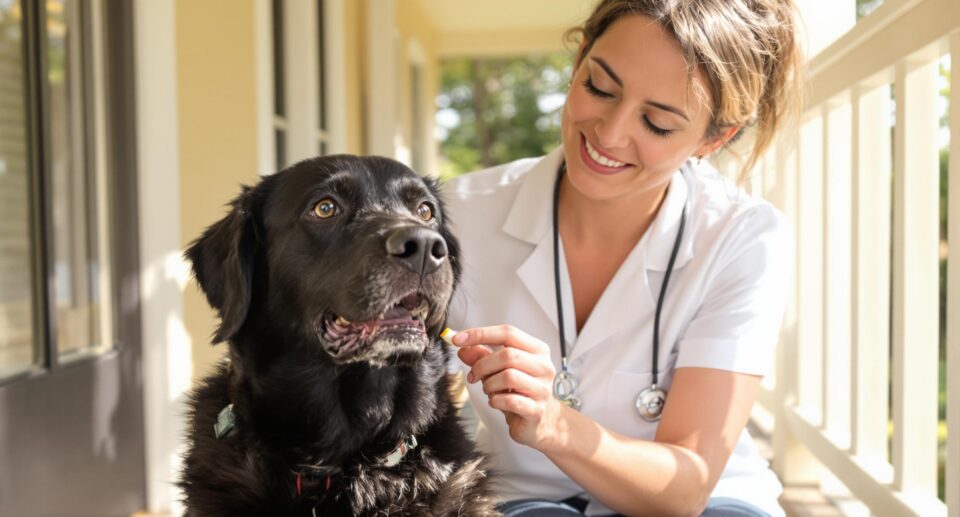How to Treat Ear Infections in Dogs

Your veterinarian will want your pet to start on medications that relieve pain and infection right away. Then, in 2-3 days when the culture results have returned from the lab, either your pet will continue on the same medication, or your pet will receive a more effective medication. Medications can include natural remedies, oral antibiotics and antibiotics put directly in the ear.
Natural remedies for ear infections are a safer alternative to many ear medications because some medications may increase the risk of hearing loss in pets. Our veterinarian Dr. Dym recommends Zymox which contains a natural enzyme to help clear up ear infections. Dr. Dym says, “To help prevent ear infections, it’s important to clean your pet’s ears regularly with an ear cleanser. When your pet has an ear infection that is itchy, treat it with Zymox with Hydocortisone for 7-14 days and then wait 2-3 days before cleaning your pet’s ears or using another ear medication. If the condition worsens, see your veterinarian immediately.”
The following prescription antibiotics benefit pets with bacterial ear infections (otitis) but are not safe unless the eardrum is intact: gentamycin (Otomax and Mometamax), tobramycin, amikacin, neomycin (Posatex Otic Suspenion) and polymixin B. Some pets are allergic to antibiotics, especially to topical neomycin; if your pet’s ear becomes worse with antibiotic treatment, stop the medication and call your veterinarian.
These oral prescription antibiotics are used if the bacteria your pet has in their ears are invading the cells rather than living outside the cells: quinolones, azithromycin, and clindamycin.
Homeopathic medications
If your pet has chronic otitis because they are allergic and have itchy, inflamed ears, we recommend Epi Otic Advanced Ear Cleanser
Medications to avoid if your pet’s ear drum is ruptured
When the eardrum is ruptured—or if you are not sure of its condition because it cannot be seen —avoid alcohol, detergents, aminoglycosides, and polymyxins in medications, flushes, and cleansing agents.
What makes it difficult for the treatment to work?
- Overuse of ear cleaners: canal remains too moist
- Bacteria and yeast in the ear: irritating secretions
- Contact allergies: neomycin, the antibiotic used in many ear medications can cause allergic irritation
How to prevent ear infections in dogs and cats
- Control allergies and make your pet less likely to respond with inflammation by increasing Omega 3 fatty acids
- Work with your holistic veterinarian to prevent allergy-induced ear inflammation by controlling the diet and the environment
- Regularly clean your pet’s ears using an ear cleansing solution such as 1-800-PetMeds Ear Cleansing Solution
- Work with your veterinarian to immediately treat ear infections or parasites
- Have your dog tested and treated for hypothyroidism with thyroid medications
- Work with your groomer to remove hair from the ears so that air flows freely through the canal
- Use a dehumidifier in the house to keep humidity low
- Dry the ear canals after bathing or swimming
- Clean ears gently. Calm your pet with pheromones such as Adaptil Collar for Dogs or Sentry Calming Collar for Cats so that you can work without a tussle. Aggressive or rough cleaning can damage the delicate skin and increase the likelihood of otitis
- Never overuse ear cleaners, ear mite medications, or any ear remedy





